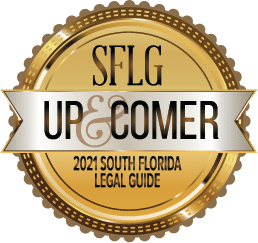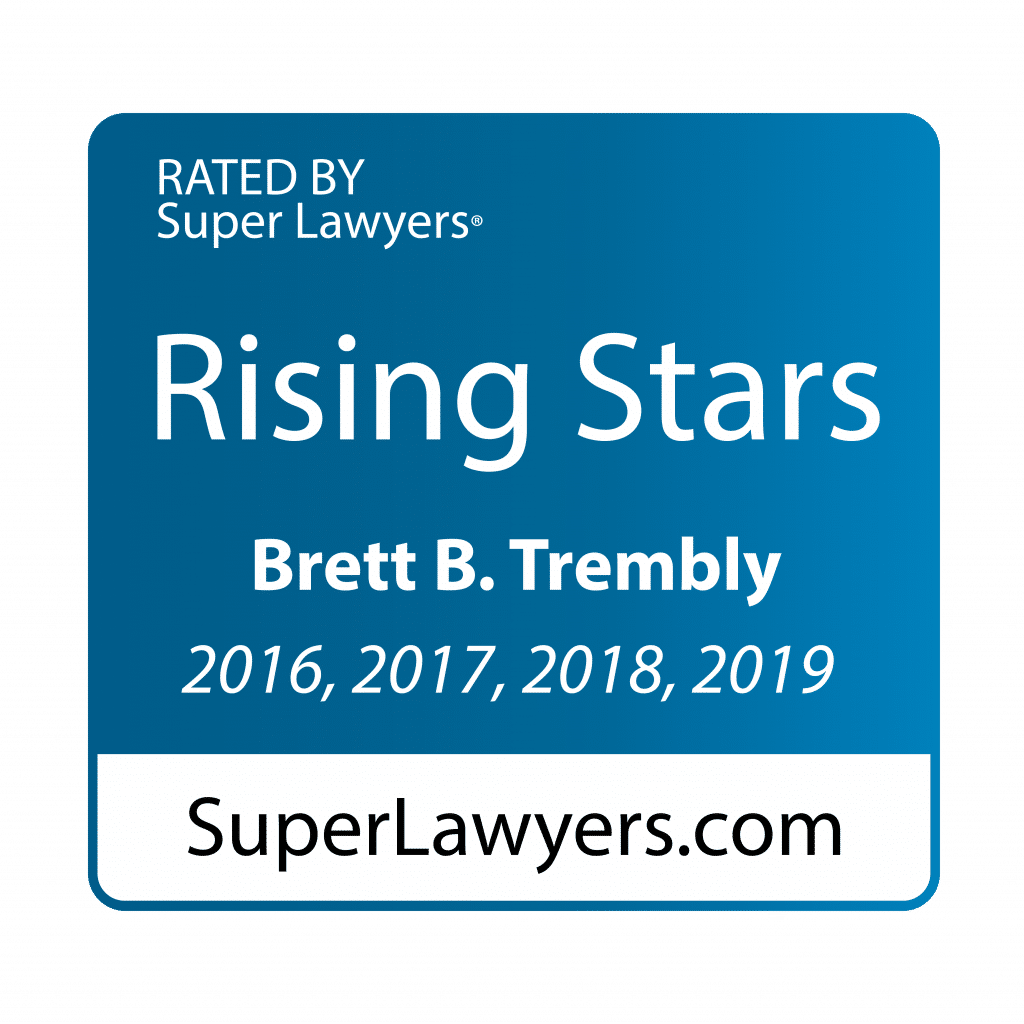With the advent of the Americans with Disabilities Act (ADA) in 1990, the issue of disabilities in the workplace became more well-known and understood. Employers learned more about their obligations with respect to disabled workers, and individuals with disabilities learned about their rights in the workplace.
Despite this law, individuals with disabilities unfortunately still face discrimination in the workplace, in part because the ways in which this discrimination manifests are varied and misunderstood. Many stigmas exist as well as preconceived biases that affect office policy. You want to know your rights before taking a workplace to court as an employee, and to abide by the law as an employer.
According to the ADA, a disability is a “physical or mental impairment that substantially limits one or more major life activity”. Because of the broad terms, disability can include cerebral palsy, cystic fibrosis, irritable bowel syndrome. In the case of compliance, they can include having more handicapped parking spots or bathrooms, or ensuring there is adequate ramp space. Cancer patients as well as those who have HIV qualify.
Remember that under the ADA, employers cannot treat someone with a disability or a history of a disability less favorably than other employees without disabilities. Even someone who is not disabled cannot be treated less favorably because of their relationship with someone who is disabled. Further, the ADA requires that employers make reasonable accommodations for individuals with disabilities so as to allow them to work or continue to work.
Examples Of Workplace Disability Discrimination
1. Discrimination In Hiring.
This is a fairly common form of discrimination, and refers to when a candidate doesn’t get a job based on his or her condition. A blatant example of this is if you have two similarly-situated applicants and choose the one without the disability on the sole reason that they have no disability. Some employers say this blatantly or put it on email, which is a written record.
Similarly, not making applications available to disabled individuals or allowing reasonable accommodation at a job interview is discrimination. Suppose a screen reader can’t read a website for a vision-impaired user, for example. Then that is an example of lacking accommodation. Work with your web host to ensure that the application can pass a screen-reader test.
2. Harassment In The Workplace.
It is illegal to make derogatory or offensive remarks about a person’s disability, regardless of whether the individual who made the remark is an employee, supervisor, or even customer or client. If the harassment is severe enough to create a hostile work environment for the individual with disabilities or causes them to be demoted or fired, that is illegal discrimination.
3. Failure To Reasonably Accommodate.
If an employee with disabilities requires some reasonable accommodation to be able to apply for a job or do a job that they have been hired for, the employer is required to give that reasonable accommodation as long as doing so is not expensive for the employer or would cause significant delay.
Reasonable accommodations can include very minor things such as purchasing a special chair for someone or allowing them an additional restroom break. Bigger things can be ensuring that there are ramps for wheelchair users or making sure that the elevators move steadily and speedily.
4. Victimization
Suppose that an employee makes a complaint regarding how their disability isn’t accommodated, or they are facing harassment from their managers. Human Resources in an ideal world will take these complaints and ensure that they are addressed in a timely fashion. Sadly, we live in a world where the opposite can easily happen.
Victimization is when an employer penalizes an employee with a disability for speaking out. This can include more verbal or written warnings, or even terminating their position in retaliation. Or in other cases, management threatens to fire the employee unless they withdraw the complaint. All of these examples are illegal under the ADA.
5. Adverse Actions Based On Disability
Taking an adverse personnel action against an employee solely because of their disability is the textbook definition of discrimination. This is true even if the official reason for the termination is non-discriminatory.
Similarly, demoting someone because of their disability or limiting their access or ability to work in certain areas because of their disability when it is not reasonable is also discrimination. This is true whether the disability is documented or perceived on the part of the employer.
6. Establishing A Work Culture That Is Discriminatory.
This is a much broader category because there are times when there are no specific instances of actual discrimination, but the entire workplace and method of management have the combined effect of making it difficult to impossible for the individual with disabilities to do their job effectively, or make any progress towards advancement.
Examples include requiring that certain positions be filled by only individuals without disabilities when that requirement has no demonstrated need for this restriction; placing able-bodied employees as the forward-facing employees and putting individuals with disabilities out of the public eye.
Causes Of Disability Discrimination
What are some reasons that disability discrimination can happen? There are quite a few.
Unemployment
A person with a disability may have a hard time staying employed. There are many reasons for this: chronic pain can keep a person from leaving the house or sitting at a standard office desk. Or their government benefits prevent them from receiving a certain level of income. If a person goes even one dollar above a designed amount, they lose their benefits. That limits people who want to work.
Another inherent bias is that employers would rather hire people who have a consistent resume. If someone has a disability, they may have gaps that hinder their chances of getting hired. Periods of having no work are often seen as a red flag. This is despite the fact that a person may be hospitalized for a disability or unable to work. Providing context is key, as is understanding an individual’s situation.
Poverty
Due to how bureaucracy functions, and the costs of treating a disability, employees may have a harder chance of finding fair work. Cancer treatments can bankrupt entire families, while multiple sclerosis destroys a person’s motor function over time. This means they have to take riskier jobs that could provide less accommodation.
Some laws also allow for firms to pay employees with disabilities below minimum wage due to loopholes. This means that they have little to no upward mobility. Ethical employers will avoid this because every individual who works deserves a fair wage. Even so, the lack of incentive is potent. If a business doesn’t want to improve their accommodations or pay for an employee with disabilities, then they are less likely to be proactive.
Social Stigmas
For better or for worse, cultural values can affect how accommodation is executed in the workplace. In Japan, for example, social groups tried to stop a comic series from being made because it showed a hard-of-hearing girl getting bullied in school and receiving no accommodation at all. We want people to know better, but our societal expectations can cause further barriers for people with disabilities.
Receive Legal Advice From Trembly Law
Trembly Law wants to ensure that you know all about fair accommodation. Employers and employees should be well aware of disability discrimination in the workplace and how they may contribute to it and combat it. An attorney can help you make the first step when talking about disability, gender or pregnancy discrimination.
If you have questions about disability discrimination as an employer or an employee, the attorneys at Trembly Law firm are ready and able to answer any and all of them. Contact us today so that we can help.

















